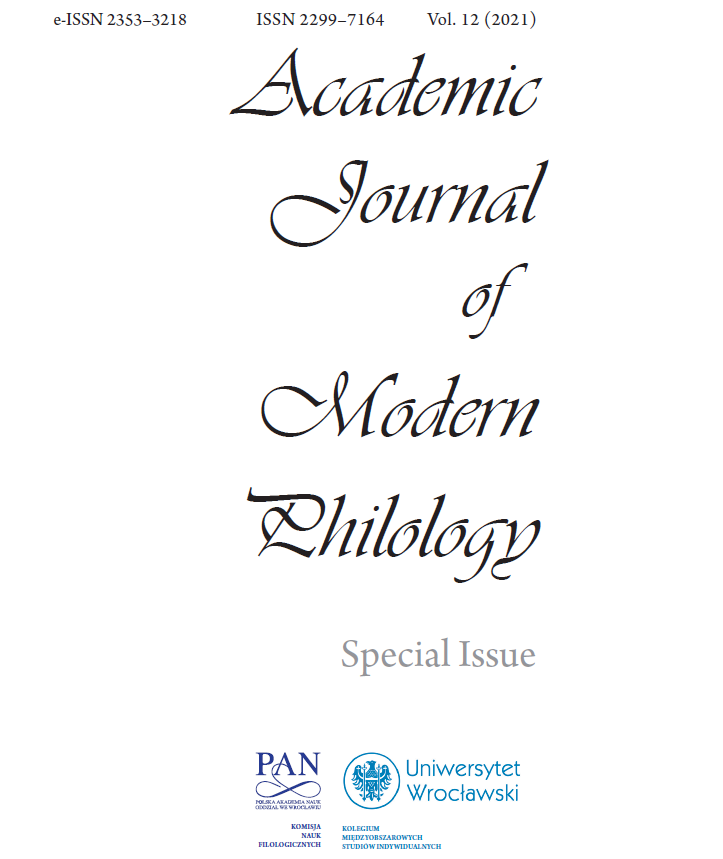On the Irony-Affect Interface in Political Discourse
On the Irony-Affect Interface in Political Discourse
Author(s): Marta StrukowskaSubject(s): Politics / Political Sciences, Language studies, Language and Literature Studies
Published by: Komisja Nauk Filologicznych Oddziału Polskiej Akademii Nauk we Wrocławiu
Keywords: irony; face; impoliteness; affect; political discourse
Summary/Abstract: The main aim of this paper is to identify patterns in the communication of irony in political discourse, and to determine the role of negative emotions in conveying ironic meaning. The first point to be considered is how politicians use irony, which communicates a contextually incongruent meaning. To be specific, the author’s aim is to investigate what mechanisms of negative politeness are communicated by irony. The second issue to be analysed is the role of negative affect and irony in political discourse. Consequently, the author’s aim is to investigate whether such an interface is socially acceptable and justified in parliamentary discourse. The empirical part of the research seeks to probe the language-affect interface in human interaction. The qualitative and quantitative elements of the analysis lead to results that corroborate the findings relating to the Tinge Hypothesis of Shelley Dews and Ellen Winner (1995: 3), which underscore that irony mutes negative emotions. The paper also takes the perspective of linguistic pragmatics and sociology to highlight the individual factors which play a crucial role in communicating irony. These include face-threatening acts (henceforth: FTAs), role-taking, and negative emotions (evaluations). Another aspect to be considered is the role of the speaker in producing ironic meaning. The author expounds upon the patterns of communication among politicians who share affect-imbued ironic meanings
Journal: Academic Journal of Modern Philology
- Issue Year: 2021
- Issue No: 12
- Page Range: 179-194
- Page Count: 16
- Language: English

